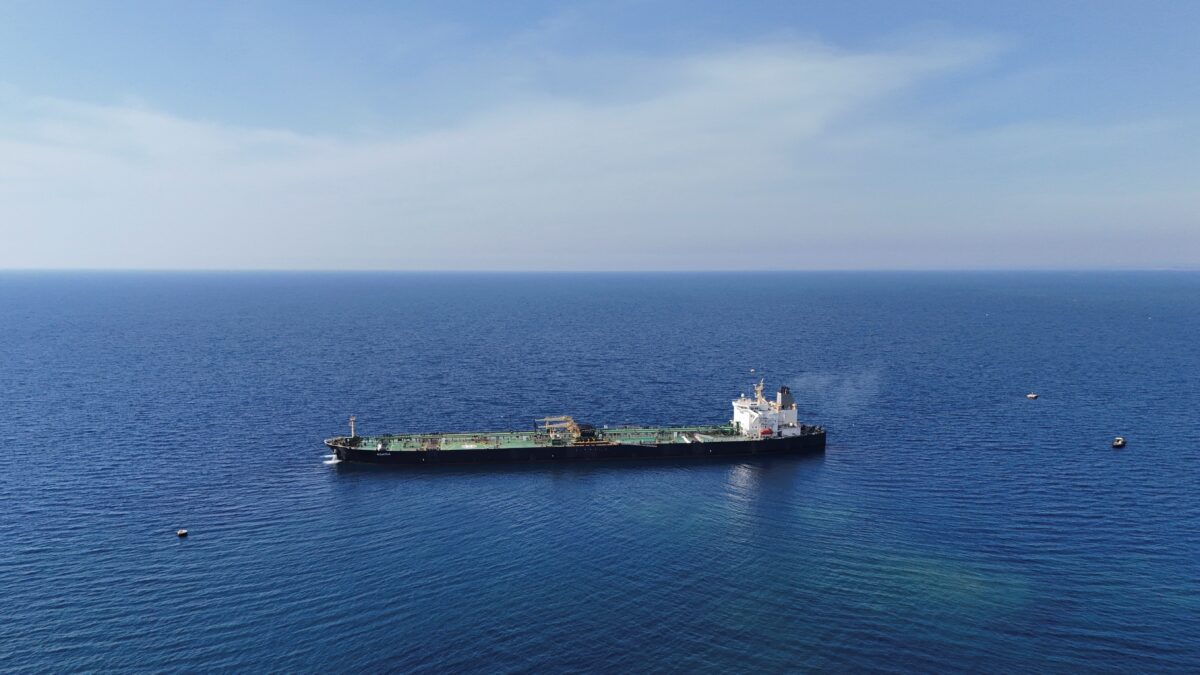Greece Advances Cretan Energy Exploration Amidst Stalled Cable Project and Potential Turkish Reaction
Newsit.gr reported that Greek Minister of Environment and Energy, Stavros Papastavrou, recently signed the second ministerial decision required to precisely define the maritime coordinates for exploration activities within the "Crete I" and "Crete II" offshore blocks granted to Chevron. This action signals Greece's determination to proceed swiftly with its energy ambitions in the Eastern Mediterranean.
The reported timeline suggests an international tender will be published in the Official Journal of the European Union by the end of April. It aims for completion within three months (around August) and ratification in the Greek Parliament before the end of the year.
Greek government sources, cited by Newsit.gr, view the involvement of American energy majors like Chevron and ExxonMobil (also pursuing investments in the region) as a "huge vote of confidence" from the United States. They assert that these investments significantly enhance Greece's economic standing and geostrategic importance. "We are moving forward immediately, according to the announced schedule, to strengthen our country in terms of international credibility and energy security," Minister Papastavrou said.
However, these advancements occur against a backdrop of lingering regional complexities. The planned EuroAsia Interconnector, an ambitious project designed to link the electricity grids of Israel, Cyprus, and Greece (via Crete), remains in limbo. While technical complexities surrounding the issuance of the necessary NAVTEX (Navigational Telex) for cable-laying operations are officially cited, the geopolitical dimension is undeniable.
Greek Foreign Minister George Gerapetritis acknowledged the delays, describing the NAVTEX issuance as a "multifactorial equation with many technical details." Newsit.gr highlights that Turkey has "raised the tone" regarding the interconnector project, prompting Athens to plan its next steps cautiously to "avoid any potential escalation of tension."
Minister Gerapetritis, while stressing careful planning, also pointed to Ankara, emphasizing the project's legitimacy: "Let me remind you that this is a project co-financed by the European Union, which is protected by international law."
Ankara has not yet issued a specific reaction to the latest ministerial decision regarding the Chevron blocks. However, Turkey vehemently disputes Greece's maritime jurisdiction claims in areas south of Crete, particularly those potentially overlapping with Turkey's controversial naval boundary agreement with Libya's Tripoli-based government in 2019 – an agreement rejected by Greece, Egypt, Cyprus, and the EU.
Historically, Turkey has responded assertively to Greek and Cypriot exploration activities in contested waters, often deploying its survey vessels escorted by naval units and issuing counter-NAVTEX warnings. Analysts anticipate that potential Turkish responses to the Chevron deal's progress could range from diplomatic protests challenging the legality of the defined coordinates under international law, particularly concerning the Turkey-Libya MoU, to more assertive actions in the future should physical exploration commence.
The situation underscores the delicate geopolitical balance in the Eastern Mediterranean, where vast potential energy resources coincide with long-standing maritime disputes. Greece's push, backed by US corporate interest and EU support for related infrastructure, sets the stage for heightened scrutiny, with observers closely monitoring Ankara's response to developments south of Crete. The interplay between energy exploration, infrastructure projects, and unresolved sovereignty issues ensures the region remains a focal point of international attention.
Photo: Newsit
